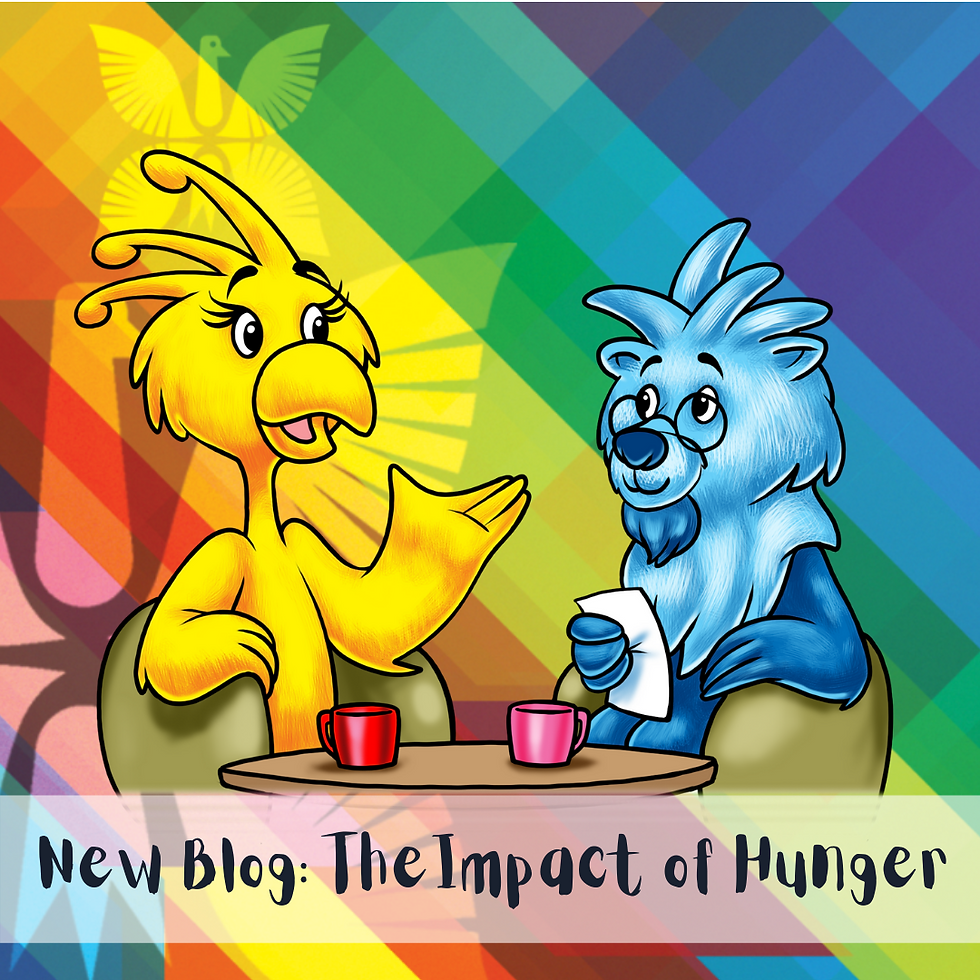Understanding what Bravery means
- Phoenix Education

- Feb 5, 2020
- 3 min read
Each year, the incredible team at Place2Be select a theme for children's mental health week and work incredibly hard to encourage us all to think, consider and improve Children's Mental Health.

This year, the theme of the week is bravery and supporters of the week have been encouraged to share how they find their brave.
Here at PhoenixHQ, we've done some thinking around our own experiences of mental health and reflected on the experiences we have had supporting many of the most vulnerable children in the UK and trying to get a better handle on what bravery really means.
If we look to the English dictionary we find that being brave means (being) 'ready to face and endure danger or pain; showing courage'. When we asked a number of peers, responses included:
- Doing the right thing
- Getting out of your comfort zone
- Being scared and doing it anyway
- Doing something without caring what others think of you
When we begin to reflect on what bravery means, we can see that bravery is often seen as independent strength and there is a fear that we reaffirm the 'stiff upper lip' notion that we have tried so hard to move away from.
There is a danger that a child who has been abused could think bravery is keeping quiet.
There is a fear that a child who is depressed thinks that suicide is the bravest thing to do.
There is the concern that a child who is in pain thinks that it is brave to suffer in silence.
When our team reflected on their own experiences of mental illness, we realise that it was the ambition to be brave that led many of us to reach crisis point. It felt braver and we seemed stronger if we just soldiered on rather than holding out our hands (and hearts) for help.
Admitting you are falling apart and have no idea what to do doesn't feel very brave.
I'm pretty sure we've all asked for a day off school and have been told to be brave and head in for our lessons.
Going to the GP because you think you might need medication to help stabilise your mood feels like defeat rather than victory and weak rather than strong,
We wanted to look at what brave is not. What is the opposite of brave? The dictionary tells us that the opposite of being brave is being fearful; the opposite of brave is to be afraid.
The reality is that problems with our mental health are terrifying and often lead us to be afraid of our own thoughts. Many of the emotions that are at the core of conditions like anxiety and OCD are based on fear and so I wonder if we are telling some of the most vulnerable children and young people that their thoughts and feelings are wrong.
We believe that often the bravest thing anyone can do, in any situation, is to allow themselves to be vulnerable. A moment of vulnerability is almost always the starting block of change. A moment of vulnerability often tells us more than hours of bravery can and in a moment of vulnerability, caregivers, peers and professionals can understand and support your needs.
At Phoenix, we have seen behaviours 'spread' through schools like wildfire. It is part of our instinctive behaviour to mirror others and we believe that the seed of a new narrative around mental health should begin with vulnerability rather than bravery.
Help children and young people believe that there will be people to support them. Ensure they know that they will be heard, that they won't be judged and that whatever their problem, however big their fear, things can get sorted if you trust in voicing your vulnerabilities.




Comments